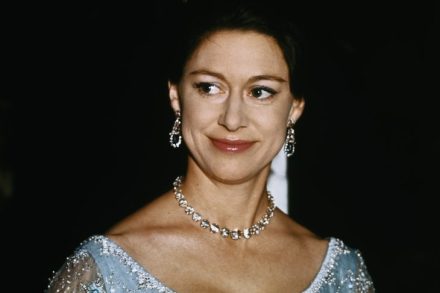Nazi gamesmanship
The British diplomat Robert Vansittart had been warning against Nazism for years, so it was a surprise when he and his wife showed up in Berlin for a two-week ‘holiday’ during the 1936 Olympics. ‘Van’ was impressed by German organisation. ‘These tense, intense people are going to make us look like a C nation,’ he





















